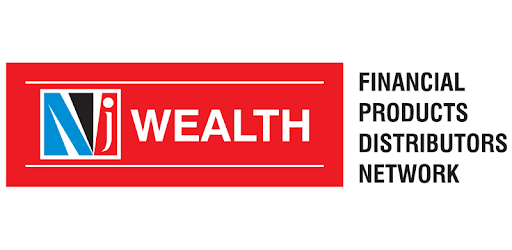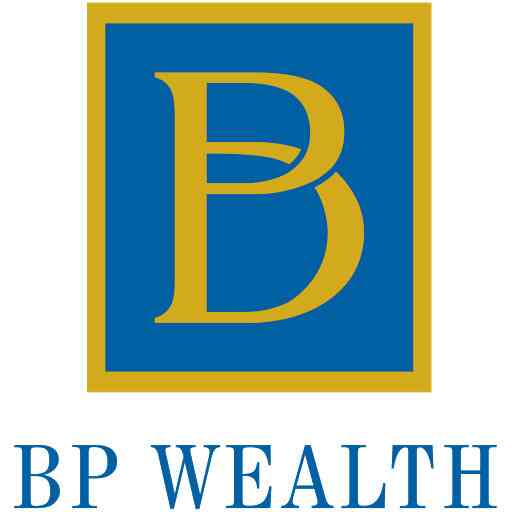Great Service
Initial Public Offer

Initial Public Offer
An initial public offering (IPO) refers to the process of offering shares of a private corporation to the public in a new stock issuance. Public share issuance allows a company to raise capital from public investors. The transition from a private to a public company can be an important time for private investors to fully realize gains from their investment as it typically includes share premiums for current private investors. Meanwhile, it also allows public investors to participate in the offering.
How an Initial Public Offering (IPO) Works
-
Prior to an IPO, a company is considered private. As a private company, the business has grown with a relatively small number of shareholders including early investors like the founders, family, and friends along with professional investors such as venture capitalists or angel investors.
-
When a company reaches a stage in its growth process where it believes it is mature enough for the rigors of SEC regulations along with the benefits and responsibilities to public shareholders, it will begin to advertise its interest in going public.
-
Typically, this stage of growth will occur when a company has reached a private valuation of approximately $1 billion, also known as unicorn status. However, private companies at various valuations with strong fundamentals and proven profitability potential can also qualify for an IPO, depending on the market competition and their ability to meet listing requirements.
-
An IPO is a big step for a company as it provides the company with access to raising a lot of money. This gives the company a greater ability to grow and expand. The increased transparency and share listing credibility can also be a factor in helping it obtain better terms when seeking borrowed funds as well.
-
IPO shares of a company are priced through underwriting due diligence. When a company goes public, the previously owned private share ownership converts to public ownership, and the existing private shareholders’ shares become worth the public trading price.
-
Share underwriting can also include special provisions for private to public share ownership. Generally, the transition from private to public is a key time for private investors to cash in and earn the returns they were expecting. Private shareholders may hold onto their shares in the public market or sell a portion or all of them for gains.
-
Meanwhile, the public market opens up a huge opportunity for millions of investors to buy shares in the company and contribute capital to a company’s shareholders' equity. The public consists of any individual or institutional investor who is interested in investing in the company.
-
Overall, the number of shares the company sells and the price for which shares sell are the generating factors for the company’s new shareholders' equity value. Shareholders' equity still represents shares owned by investors when it is both private and public, but with an IPO the shareholders' equity increases significantly with cash from the primary issuance.
Providing Services In
-
All types of IPO Service






